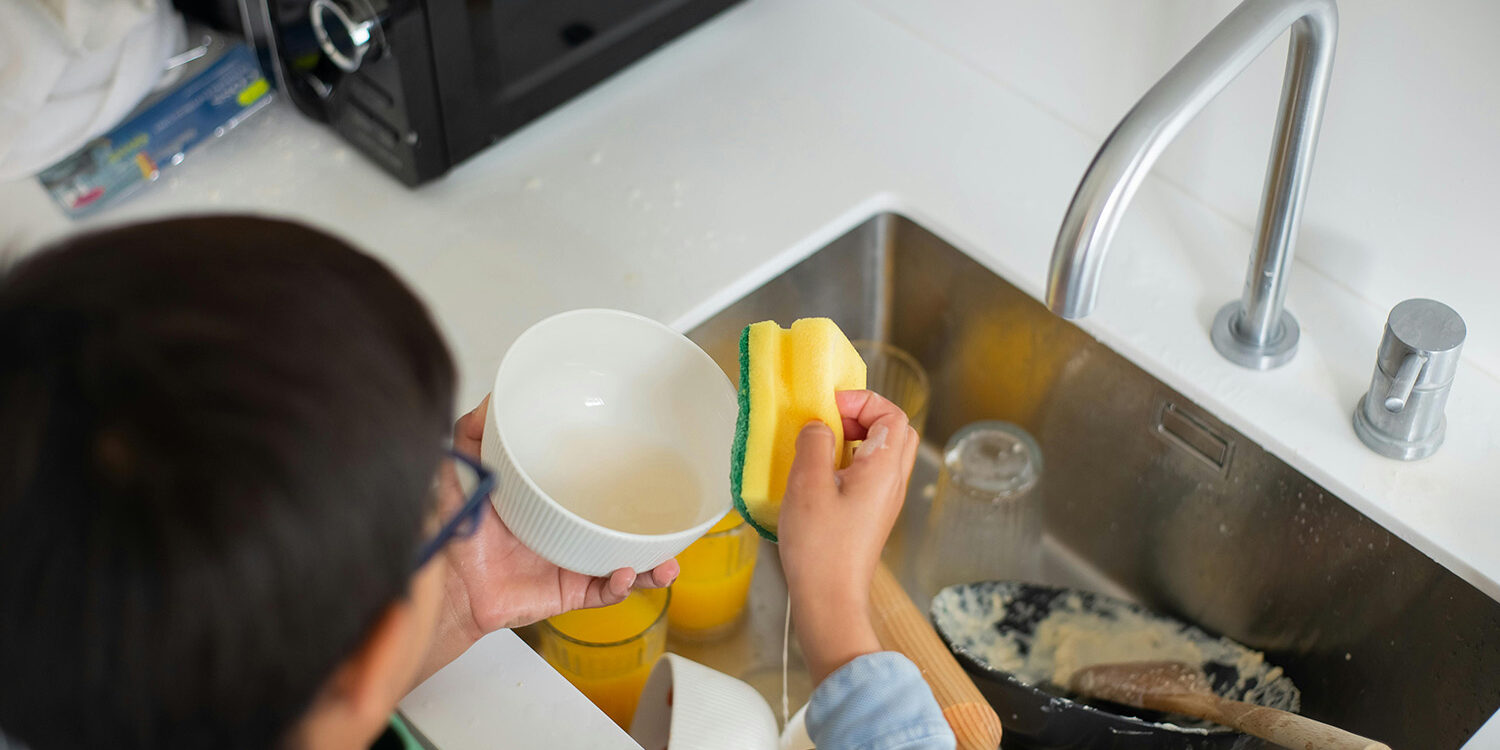Teaching Responsibility Through Chores
Let’s be honest—getting kids to do chores isn’t always easy. Whether it’s the dramatic sighs over washing dishes or the sudden case of “I forgot” when it’s time to take out the trash, parents everywhere know the struggle. But here’s the thing: chores aren’t just about keeping the house clean. They’re about teaching responsibility, discipline, and life skills that will benefit kids for years to come.
Think about it. We live in a world where personal responsibility is more important than ever. If children don’t learn to contribute at home, how will they handle responsibility in school, at work, or in their relationships? Chores may seem small, but they help shape a child’s work ethic, sense of accountability, and even their confidence.
The challenge? Making chores feel less like a punishment and more like a life lesson.
Let’s dive into why chores are essential, how they build responsibility, and how parents can make this process smoother (with fewer battles and more teamwork).
“Teaching kids responsibility through chores isn’t about making them ‘earn their keep.’ It’s about preparing them to thrive in a world that requires discipline, teamwork, and self-sufficiency.”
– Donna Karan
Why Chores Matter: More Than Just Housework
If you’ve ever heard your child say, “Why do I have to do chores?”—you’re not alone. But here’s what they don’t realize:
✔️ Chores teach responsibility – When children have specific tasks they’re accountable for, they learn to take ownership of their role in the family.
✔️ Chores build life skills – Laundry, cooking, cleaning—these are things they’ll need to do as adults. Learning them young means they won’t struggle later in life.
✔️ Chores develop work ethic – Completing tasks, even when they don’t feel like it, teaches children commitment and perseverance—traits that will serve them well in their careers and personal lives.
✔️ Chores promote teamwork – A family is a unit, and when everyone contributes, children understand the value of working together for a common goal.
✔️ Chores boost self-confidence – When kids accomplish tasks, they feel capable. It reinforces the idea that they can handle responsibility and take pride in their efforts.
The Right Chores at the Right Age
Not all chores are created equal. A 4-year-old won’t be mowing the lawn, and a teenager shouldn’t get away with only picking up their toys. Assigning age-appropriate chores is key to making the process work.
Toddlers (Ages 2-4): “The Helpers in Training”
✔️ Putting toys away
✔️ Wiping small spills
✔️ Placing dirty clothes in the laundry basket
✔️ Helping feed pets (with supervision)
At this stage, it’s less about perfection and more about creating good habits.
Young Children (Ages 5-7): “The Enthusiastic Helpers”
✔️ Making their bed
✔️ Setting the dinner table
✔️ Watering plants
✔️ Dusting surfaces
This is the age where rewards and praise work wonders!
Older Children (Ages 8-12): “The Independent Workers”
✔️ Washing dishes
✔️ Sweeping floors
✔️ Taking out the trash
✔️ Folding laundry
✔️ Simple meal preparation
They’re old enough to take on more responsibility and see how their efforts impact the household.
Teenagers (Ages 13+): “The Almost Adults”
✔️ Cooking full meals
✔️ Doing their own laundry
✔️ Mowing the lawn
✔️ Grocery shopping (with a list)
✔️ Babysitting younger siblings
This stage prepares them for real-world independence and decision-making.
How to Make Chores Less of a Battle
Let’s be real—most kids don’t naturally love chores. But with the right approach, you can make the process smoother (and maybe even enjoyable).
1. Make Chores Routine, Not Random
🕒 Set a schedule so chores become a normal part of daily life rather than a surprise task.
📝 Example: Every Saturday morning is “clean-up time” before fun activities begin.
2. Give Choices When Possible
🚀 Kids feel more in control when they have options.
❌ Instead of saying: “You HAVE to clean the bathroom.”
✅ Say: “Would you rather clean the bathroom or vacuum the living room today?”
This simple shift makes them feel like they have a say in the process.
3. Turn Chores Into a Game
🎶 Play music while cleaning.
⏳ Set a timer for a “race against the clock.”
🏆 Use a sticker chart for younger kids to track progress.
When chores feel less like a boring task and more like a challenge, kids are more likely to engage.
4. Acknowledge Effort, Not Just Perfection
👏 Praise progress, even if the task isn’t done perfectly.
💬 “I love how hard you worked on this!” goes a long way.
Kids thrive on encouragement. When they feel valued for their effort, they’ll be more motivated to continue.
5. Connect Chores to Privileges, Not Punishments
Instead of using chores as a punishment, connect them to rewards:
💡 “When your chores are done, you can have screen time.”
💡 “Once the kitchen is clean, we can bake cookies together!”
This shifts the mindset from “I HAVE to do this” to “I GET to do this.”
“Chores aren’t about teaching kids how to clean—they’re about teaching them how to care for what they’ve been given.”
– Donna Karan
Final Thoughts: Raising Responsible Adults, Not Just Kids
At the end of the day, chores aren’t just about having a clean house. They’re about raising responsible, self-sufficient adults who understand the value of hard work and contribution.
✔️ Chores teach kids that they are part of something bigger—the family unit.
✔️ They learn that effort matters, and doing their part is important.
✔️ They develop habits that will help them succeed later in life.
If we do everything for our children, we’re not helping them—we’re hindering them.
So, even when they roll their eyes, even when it’s easier to just do it yourself—stay consistent. Keep teaching. Keep guiding. Because one day, they’ll thank you for it.
And maybe, just maybe, they’ll look back and realize that chores weren’t just about the tasks—but about the lessons that shaped who they became.






